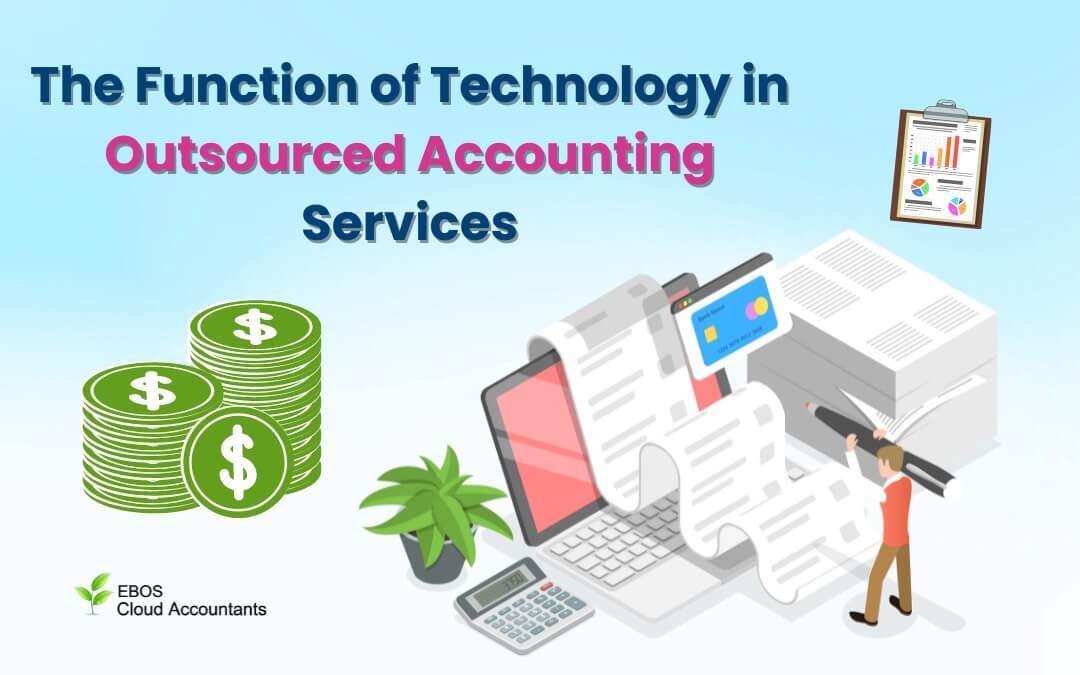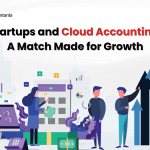Accounting as we know it now originated in ancient civilizations. Since then, we have evolved from counting bones to writing on clay tablets to analyzing financial statements.
Over the last few decades, traditional accounting methods have heavily depended on manual processes, such as doing calculations by hand and writing checks and ledgers by hand. However, technological advancements have made these processes much easier and more efficient.
In this article, we will explore the role of technology in outsource accountingservices.
Streamlining Financial Processes Using Technology
Spreadsheets have become intelligent assistants that manage data while you focus on the big picture, showcasing technology’s role in directing an efficient system. Outsourced accounting, leading with technology, coupled with cloud-based collaborations that extend beyond physical office boundaries, sets the stage for genuine financial efficiency.
Outsourced accounting technologies have revolutionized financial processes by automating routine tasks and minimizing human error, which is responsible for 41% of incorrect figures in reporting.
Utilizing Automation and Artificial Intelligence
Automation and Artificial Intelligence, two technological giants, stand as the future of outsourced accounting.
Robotic Process Automation (RPA) can perform repetitive tasks such as data entry and invoice processing quickly and accurately, freeing accountants to concentrate on value-added and advisory activities.
Moreover, by leveraging AI, real-time financial updates become accessible, as the technology efficiently processes documents using natural language processing and machine intelligence.
This efficiency allows for cost-effective daily reporting, offering businesses the opportunity to make proactive changes when they detect unfavorable trends. This is more than mere convenience; it’s about shaping a future where financial processes operate seamlessly, and organizations can grow with confidence.
Communication and Collaboration Tools
Collaboration and communication tools have transformed how outsourced accounting teams connect and coordinate their work.
Recent global events have increased the appeal and usage of remote collaboration tools accessible to almost anyone with an internet connection. These digital tools remove geographical barriers, boosting productivity and effectiveness.
Cloud-based services, like Microsoft Teams and Slack, facilitate real-time collaboration among teams, regardless of physical location. Virtual meetings, file sharing, and instant messaging are now just a few keystrokes away, removing delays and fostering quicker decision-making.
Opportunities and Considerations
While technology offers significant advantages to outsourced accounting, it also presents opportunities and considerations to bear in mind.
Integration difficulties, data privacy issues, and resistance to technological change can all offer opportunities for successful implementation, especially in terms of enhancing technological capabilities, improving data security, and upskilling staff.
To tackle these challenges effectively, companies must assess specific technical needs, find suitable outsourcing partners, and create robust governance and risk management frameworks.
Conclusion
Technology is continuously reshaping businesses across all sectors, and one of the primary aims of innovation is to discover better methods of operation. By adopting relevant technology and integrating it with smart outsourcing agreements, businesses can secure a competitive edge.
Contact us today or visit our EBOS cloud accountants website to discover more about our services and technology solutions.







